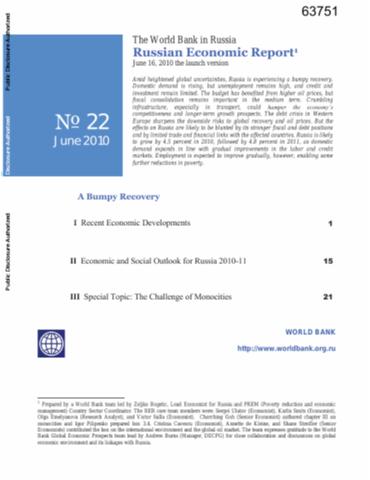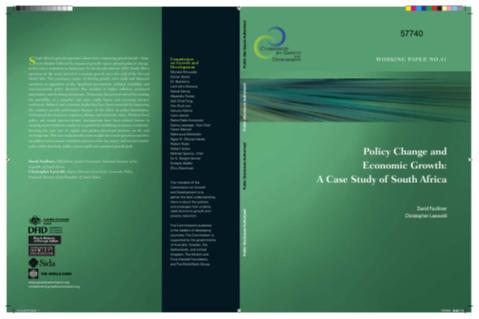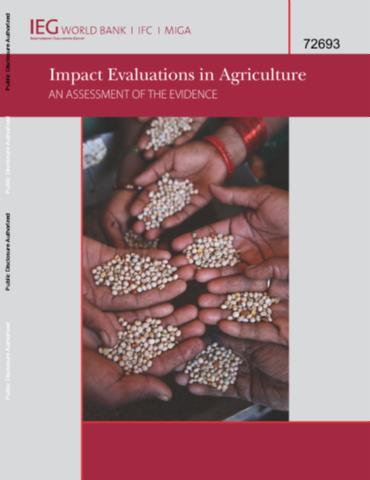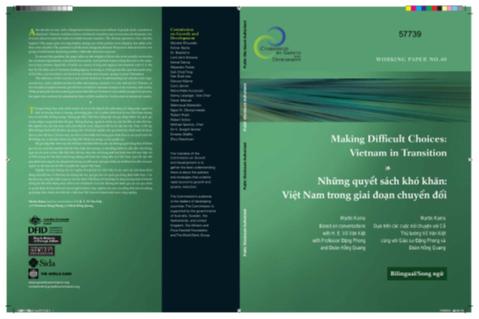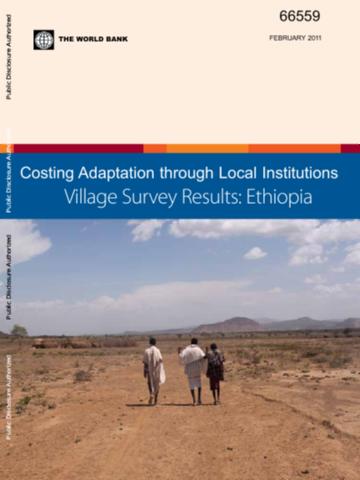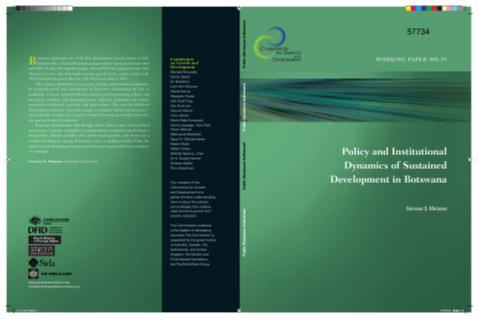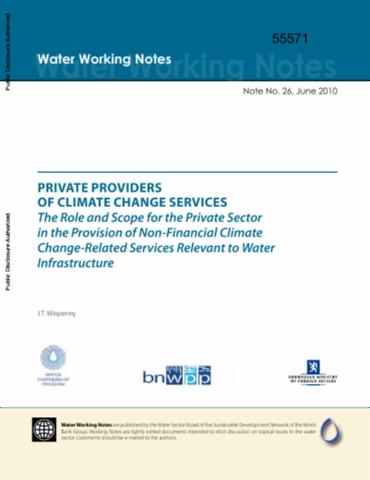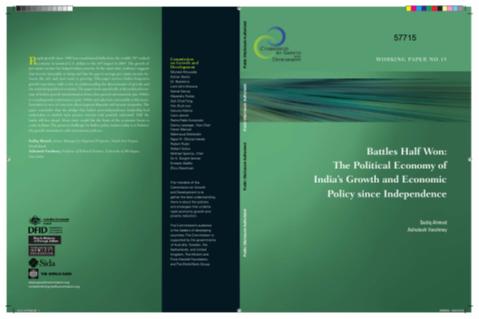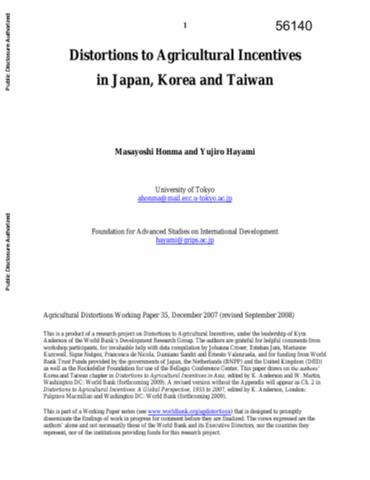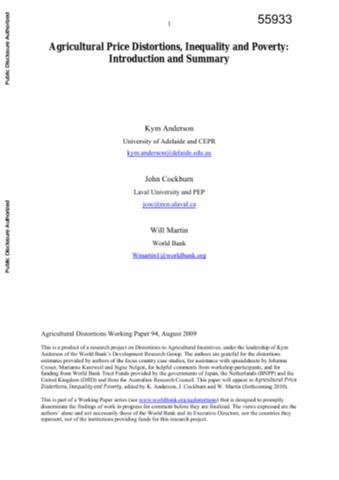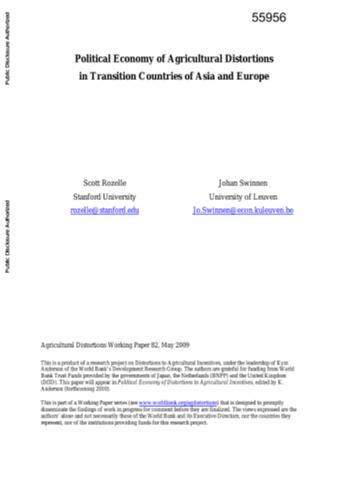Russian Economic Report, No. 22, June 2010
Amid heightened global uncertainties, Russia is experiencing a bumpy recovery. Domestic demand is rising, but unemployment remains high, and credit and investment remain limited. The budget has benefited from higher oil prices, but fiscal consolidation remains important in the medium term. Crumbling infrastructure, especially in transport, could hamper the economy's competitiveness and longer-term growth prospects. The debt crisis in Western Europe sharpens the downside risks to global recovery and oil prices.

